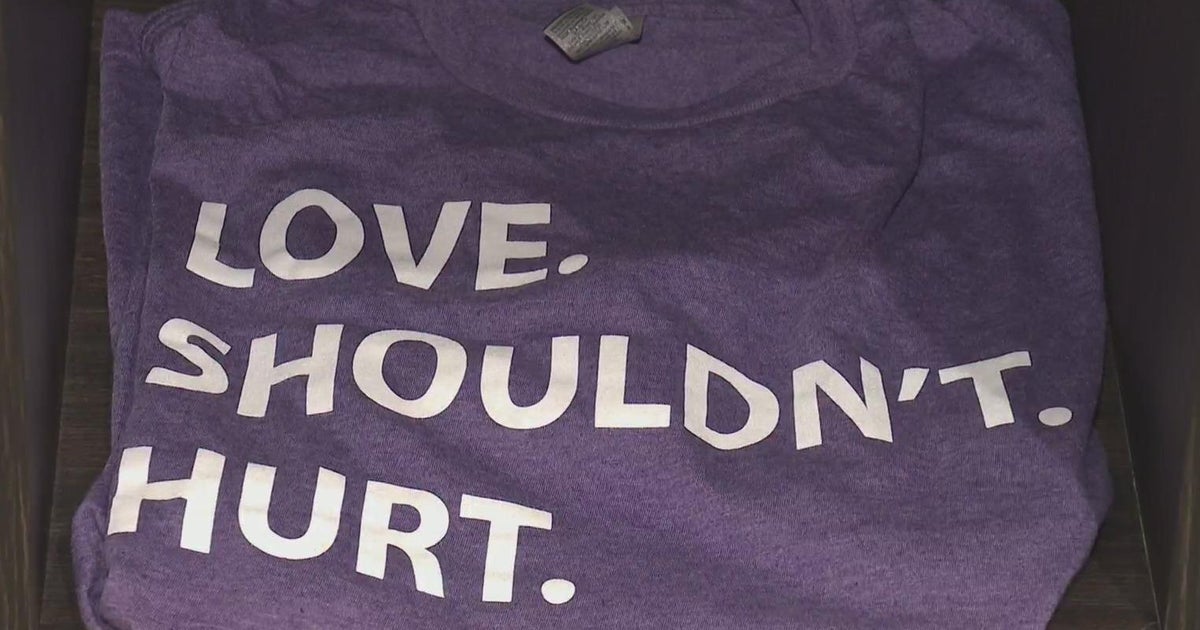More than 1,500 people are killed and two million more are hurt every year in the United States because of domestic violence.
On Friday, survivors and agency leadership in Pennsylvania took a stand, saying enough is enough. Those survivors hope their message will reach other victims of domestic violence.
Delia Sanchez stands tall today as a legal advocate helping survivors of domestic violence, but she’s also one herself.
“The impact of what occurred has never left my soul,” Sanchez said.
It started when she was a child. She shared a time when she was nine or 10 years old, growing up in New York City, and with her siblings, tried to fight off their stepfather from stabbing their mother.
“My mother was lying on the ground, naked, with a coat thrown over her like she was deceased,” Sanchez said.
Her mom lived, though. Sanchez said it wasn’t easy moving forward, and she’s struggled throughout her life, even becoming a victim of domestic violence herself.
She said it’s important for people to recognize the effect these acts have on not just victims or survivors, but entire families.
“Do you know what it’s like to be a child and go home to clean up your mother’s blood?” Sanchez said.
Sanchez and other leaders of domestic violence agencies in the state said it first comes down to understanding that many victims don’t know they’ve gotten themselves into a possibly dangerous situation.
Dr. Jenna Mehnert Baker is the policy director for the Pennsylvania Coalition Against Domestic Violence.
“Often these relationships that have turned to become violent didn’t start that way,” Baker said.
The problem is more pervasive than most realize. About one in three women and one in four men in the U.S. will experience domestic violence in their lifetime.
Last year in Pennsylvania, 100 victims died from it, with 69 percent killed by a current or former intimate partner and 66 percent killed with a firearm.
Kathy Buckley is the director of the Office of Victims’ Services at the Pennsylvania Commission on Crime and Delinquency.
“Those impacted can heal and move forward in their journey,” Buckley said.
Despite strains on services due to the budget impasse and federal government shutdown, they said they’re working hard to keep them up and running.
“It is imperative that we continue to do this work because there is so much healing that needs to be done,” Sanchez said.
One of those resources is an online quiz that can help victims understand what may count as abuse. If you or someone you know may need help, there are financial, legal, shelter, and counseling services available.
You can also call the National Domestic Violence Hotline at 1-800-799-SAFE.

